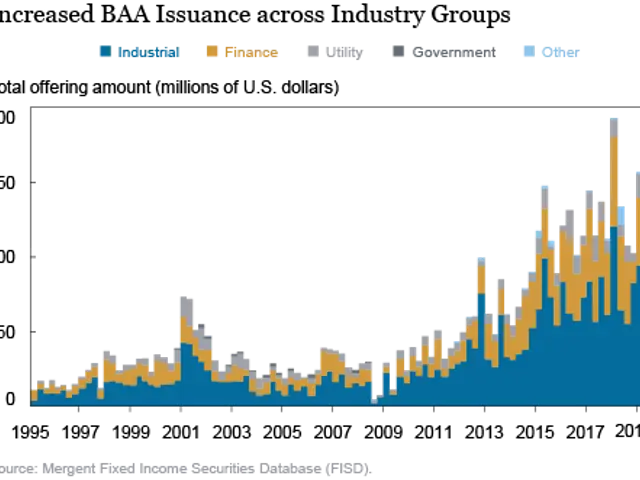EAT-Lancet Proposes Planetary Health Diet to Save Lives and Planet
The EAT-Lancet commission has proposed the Planetary Health Diet, a flexible and vegetable-rich food structure, to create a sustainable, healthy, and fair food system. This shift could significantly decrease carbon emissions and improve public health worldwide.
The commission, led by the independent international organization EAT in collaboration with The Lancet, aims to tackle the global challenge of feeding a growing world population while preserving the planet. Currently, nearly half of the world's population lacks reliable access to healthy food, a clean environment, or a decent wage. Meanwhile, 30% of the population is responsible for approximately 70% of the environmental pressures caused by food systems.
Food production contributes to around 30% of greenhouse gas emissions and is the main driver of planetary boundaries transgressions. Adopting the Planetary Health Diet can decrease these emissions by about 15% compared to 2020 values. Moreover, transforming food systems and diets could prevent approximately 15 million premature deaths annually. To achieve this, annual investments of $200 to $500 billion are required, with potential returns of over $5 trillion annually.
Redirecting agricultural and fisheries subsidies, mobilizing climate and biodiversity funds, and aligning private investments can unlock the necessary financing for this transformation. By combining the Planetary Health Diet with sustainable practices, we can improve public health and restore planetary health by 2050, ensuring a sustainable future for all.






